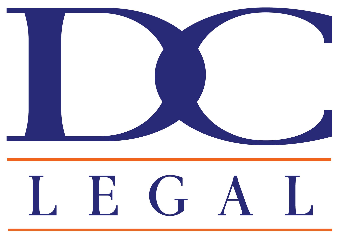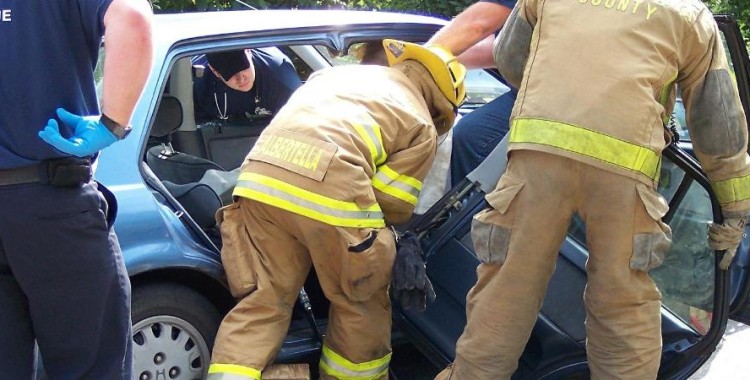Motor Vehicle Accident Settlements in Washington State
Stress is a major result of getting into a motor vehicle accident. Aside from the obvious anxiety related to the physical and emotional injuries arising from the accident, there is also the stress of getting compensated.
The Department of Motor Vehicles (DMV) gives several suggestions to aid in getting the proper amount of compensation for injuries. These suggestions are helpful for both minor and severe injuries — see below.
- Document everything. Save every memo, e-mail, prescription order, and receipt that is related to your medical care. Include names and dates on every document.
- Keep receipts of all injury-related costs. This may include childcare expenses, canceling airline tickets, or paying for taxi service.
- Provide before and after photos. Take photos of your injuries and retrieve recent photos before the car accident occurred to compare them with.
- Keep diligent records of how much time you’ve lost at work. You may even ask your employer to provide a letter verifying how much income you’ve lost.
- Maintain a daily diary, documenting your recovery. Be specific: include pain levels and your emotional state. This will aid in your quest for compensation should you suffer from long-term, lingering effects.
- Hold firm against a quick settlement. Do not agree to anything until you know for certain the short- and long-term effects of your injuries. The insurance company’s claims adjuster will try pressuring you into an immediate agreement in an effort to avoid paying out future compensation for lingering medical problems.
- Hire a personal injury attorney if you feel you’re being pressured to agree to a quick settlement, or if you think the compensation is inadequate, or even if you don’t understand the claims process. These lawyers will level the playing field, as it were, bettering your chances of receiving fair compensation.
Cite: Dmv.org
For a better understanding of what the insurance company is considering when determining the types of compensation being offered, the DMV has further provided a list of factors that claims adjusters take into consideration. Having this information can help with knowing what to have prepared when consulting with an attorney and negotiating with the insurance company. Having this information organized and ready in a timely manner following the accident will help when reaching a settlement.
- The police report (and whether you obtained a copy). The report will provide specific accident-related details, and will list the investigating officer’s name and badge number. An insurance company claims adjusters will often confirm the claims an injured party makes.
- Whether or not―and how quickly―you sought medical attention. Visit the emergency room or your physician as soon as possible after an accident.
- Whether or not injuries you suffered post auto accident were pre-existing. If you had existing injuries or health conditions prior to the accident, ask your physician to take new x-rays or ultrasounds of those injured areas. Comparisons in the pre-accident scans and the post-accident scans can help to show that the accident did in fact cause additional damage to the area.
- DUI/DWI charges and other citations related to the accident.
- Statements that you make to other drivers or passengers after the accident. Keep in mind that although your emotions might be intense following a car accident, you should avoid making promises or statements of blame.
- Witness testimonies.
- Photographs taken of the accident scene.
- Records and documents that validate the number of days and wages you lost due to the accident.
- Personal injury limits written into your car insurance policy.
Cite: Dmv.org
According to the Washington State Department of Transportation (WSDOT), in 2011 there were 454 fatalities, 2122 serious injuries, and 43015 minor injuries from motor vehicle accidents in Washington State. Unfortunately, you never know who will be driving. While it is possible to drive cautiously and take steps to prevent accidents, it is not possible to control the actions of others operating a motor vehicle. It is possible, however, to be prepared when the time comes to receive compensation for an injury.
Have questions about your rights in an auto accident? Contact us.







